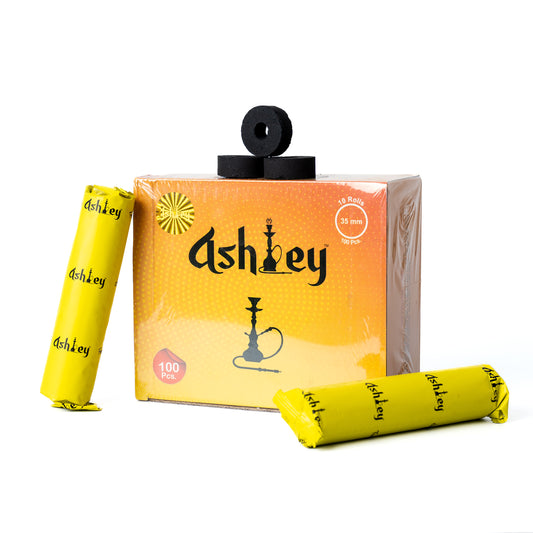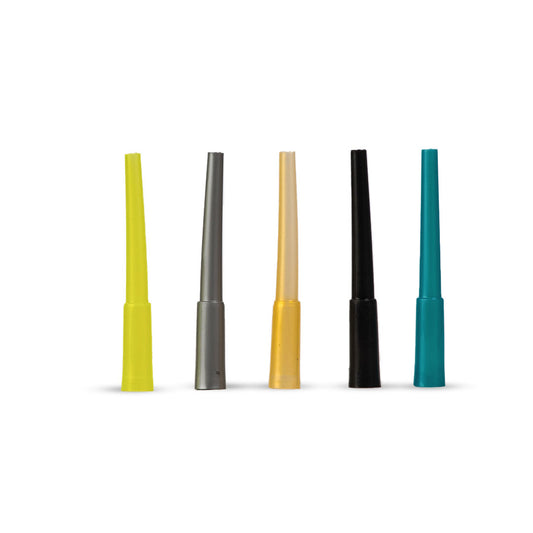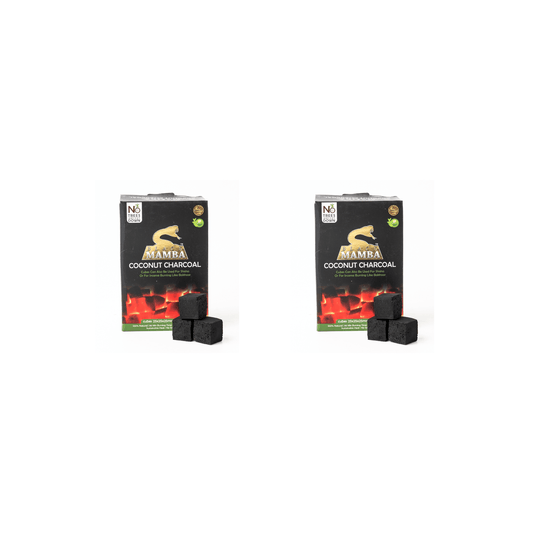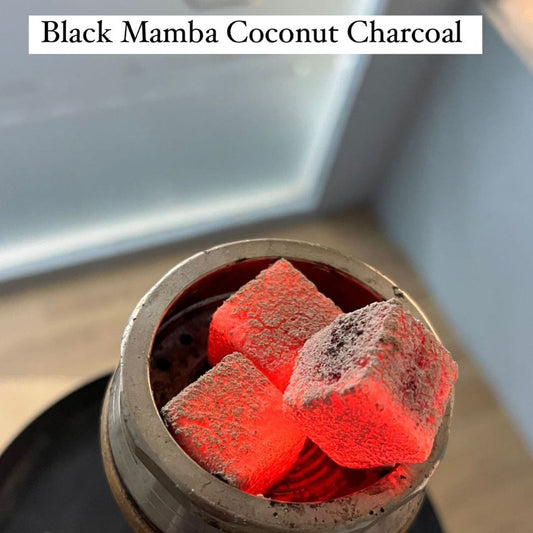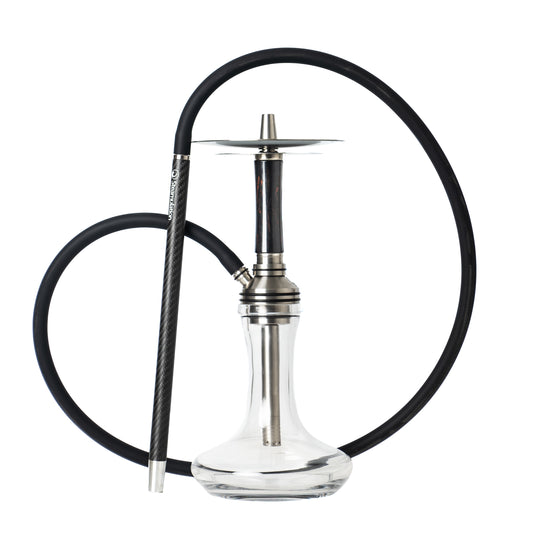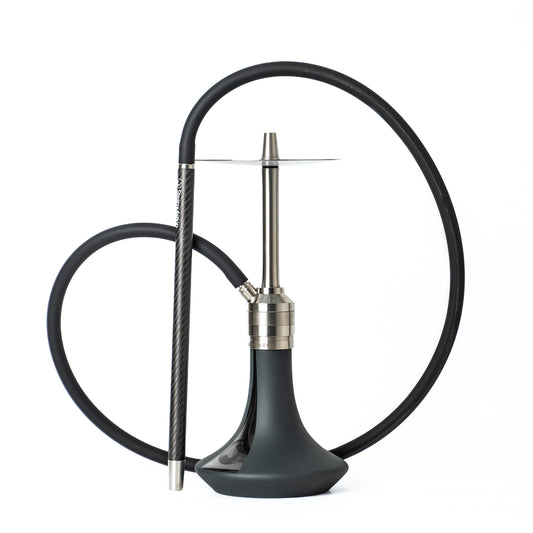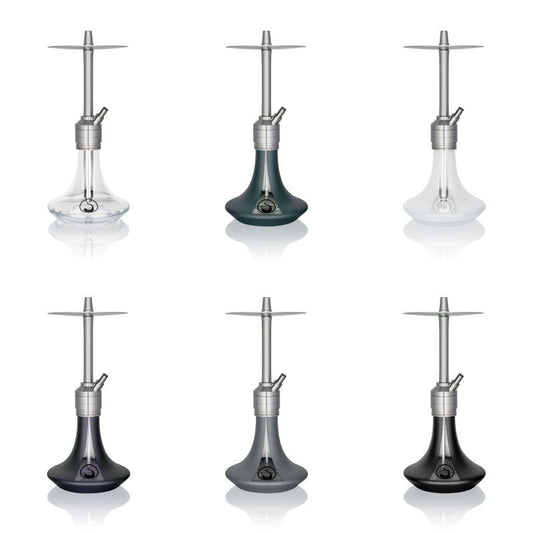Beyond the Puff: Unraveling the Secondhand Saga of Hookah and Cigarettes
Share
Smoke Signals: Comparing the Secondhand Effects of Hookah and Cigarettes
Secondhand smoke has long been a point of contention and research, especially in the context of cigarettes. But with the rising popularity of hookah, there's a growing need to understand its ambient effects too. How do the two compare?
The Science of Secondhand Smoke
Secondhand smoke, often referred to as passive smoke, is the involuntary inhalation of smoke by individuals nearby, rather than by the person actually smoking. Comprising both the side stream smoke from the burning end of the product and the smoke exhaled by the smoker, its effects are well-documented in the context of cigarettes, but what about hookah?
Hookah's Hazy Cloud
Contrary to popular belief, the water filtration in a hookah doesn't entirely purify the smoke. The smoke bystanders inhale from a hookah can contain harmful elements, including carbon monoxide, heavy metals, and carcinogenic chemicals. While it may smell sweeter and seem less irritating, it's not necessarily less harmful.
Cigarettes: A Known Offender
Decades of research have shown that secondhand cigarette smoke is detrimental, causing numerous health issues, including respiratory problems and increased risks of cancer. Given its ubiquity and the volume of data available, it's firmly established as a public health concern.
Comparing the Two
While both hookah and cigarette smoke contain harmful constituents, the exposure levels, frequency, and duration might differ. A hookah session, often lasting longer than a cigarette break, might result in prolonged exposure for those nearby. However, the prevalent and regular use of cigarettes in various settings might expose individuals to secondhand smoke more frequently.
Conclusion
Though the debate continues, it's clear that secondhand smoke, whether from cigarettes or hookah, poses risks. As public spaces grapple with the challenges of regulating smoking, understanding the nuances of each source is crucial for informed decision-making.


